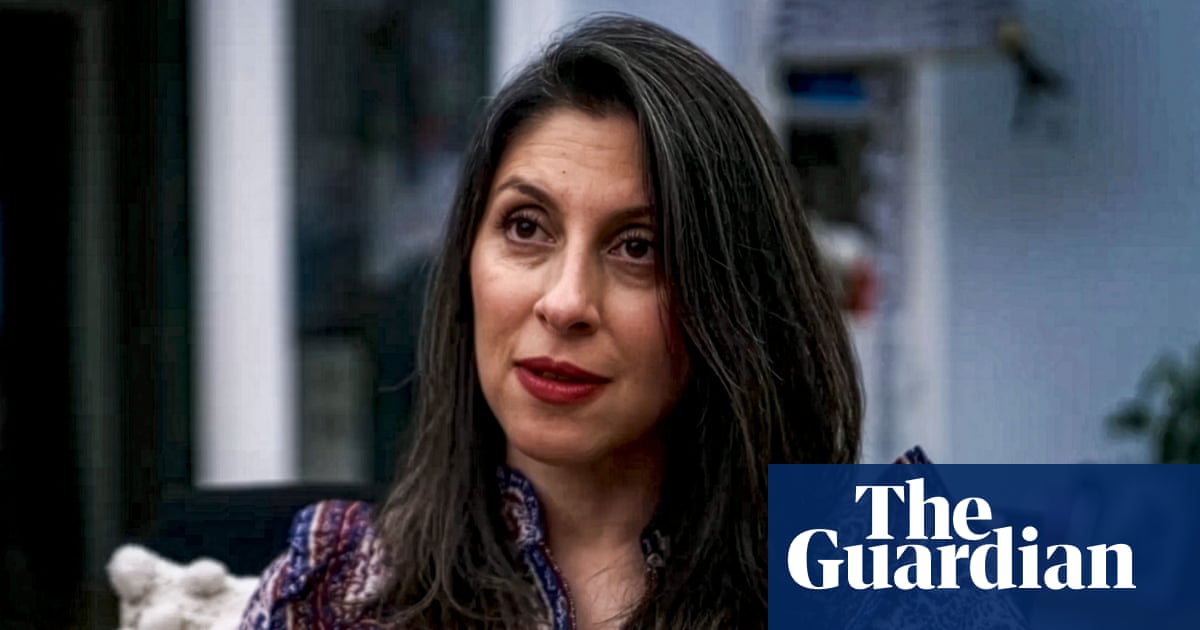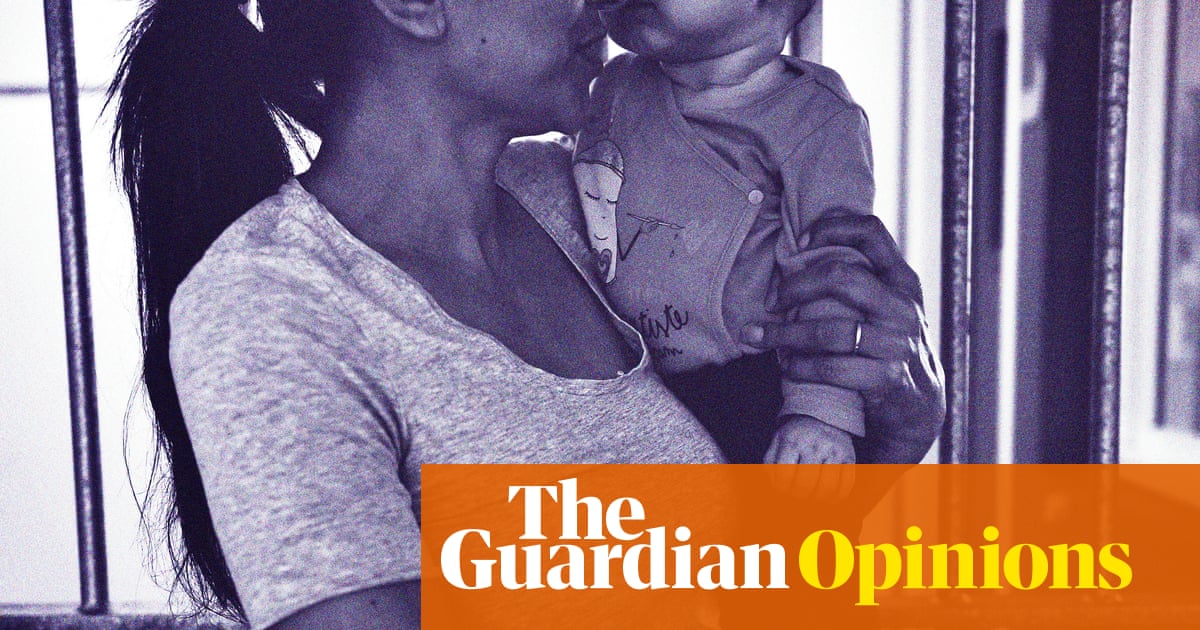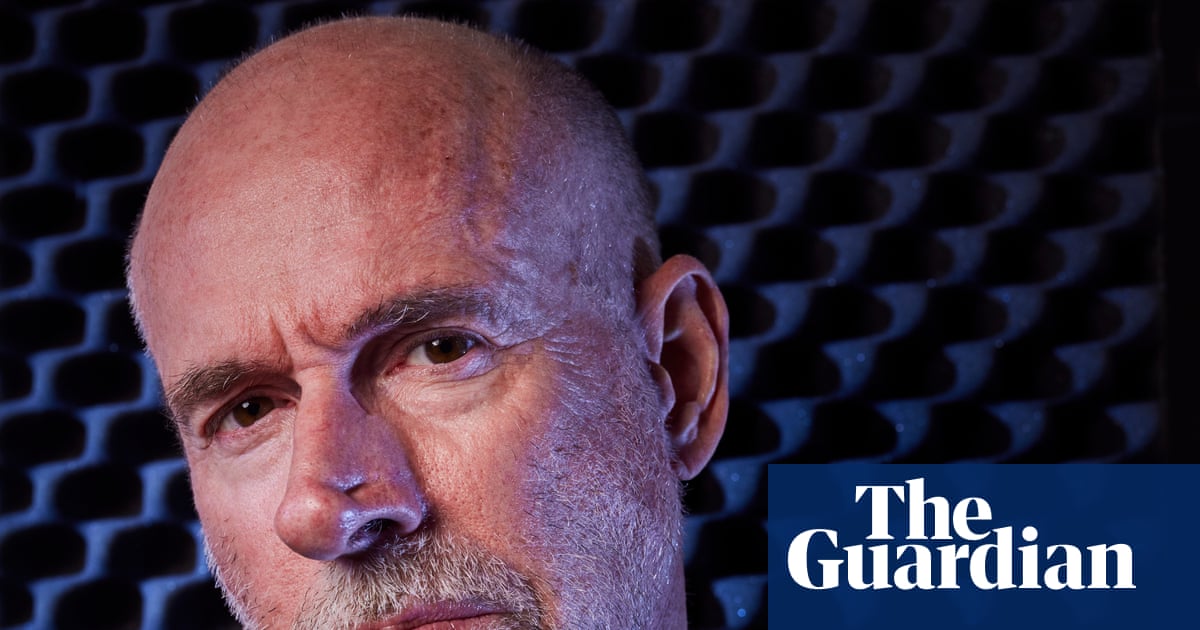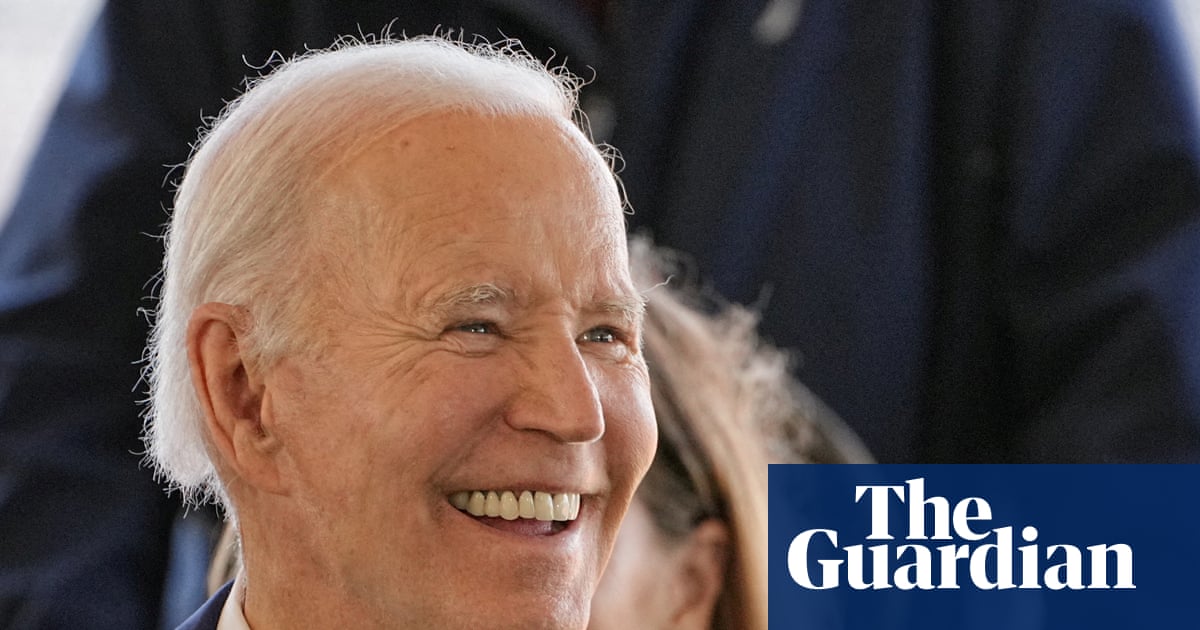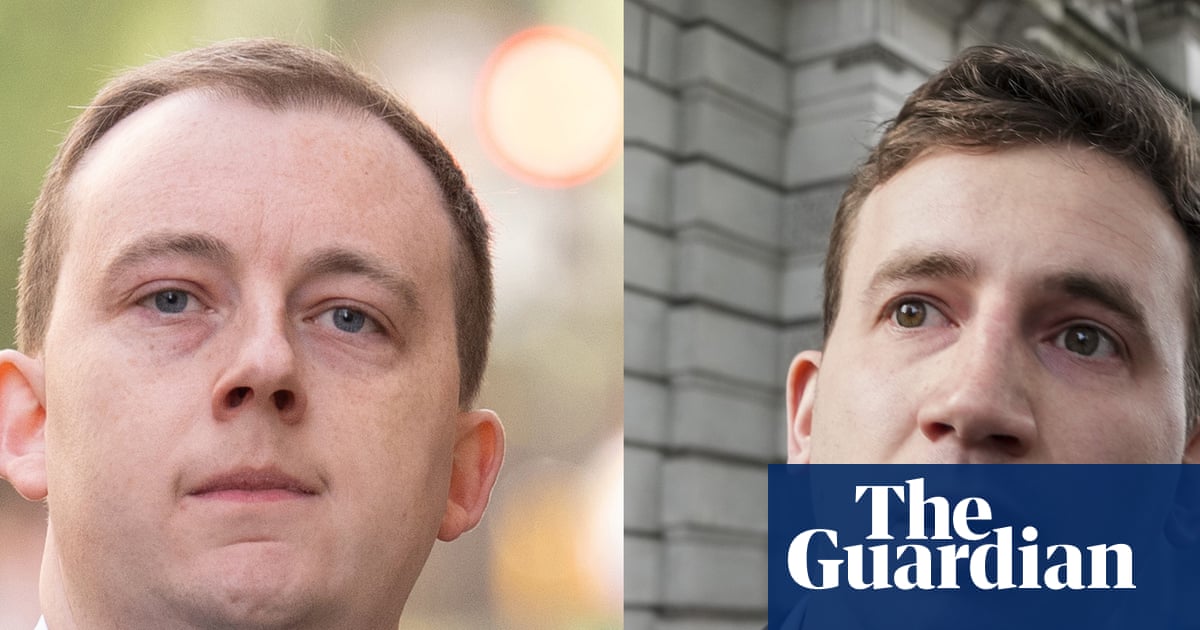Why do people become leftwing or rightwing? Is it nature or nurture? Jane Shaw, France
Send new questions to [email protected].
Readers reply
Become leftwing? I was born that way! oldyfoldy
For me, it was seeing that what was offered (by rightwing parties) was not relevant to where I was at the time as a student. I had no money, no job, no connections and no clue about where I wanted to go with my life. But I did know I didn’t want to work in London, wearing formal office attire and being a slave to the nine-to-five grind for the rest of my days. The leftwing parties seemed to offer more inclusion and be more welcoming to ordinary folk like me. So that’s where I looked for my political home. WordChazer
I think it has more to do with the economy. People are having a hard time finding decent jobs, wages are going down, housing prices are at an all-time high and the right are not going to tax any billionaires because you can always divert attention elsewhere. Backsideflip
My parents were small-c conservatives and religious; I’m leftwing and atheist. I think a lot of people end up in one camp or another out of antagonism to their upbringing. DonAlfonsoHeliotrope
On the other hand, once they are grown up, a lot of people end up with pretty much their parents’ values. ockham2
Persuasive evidence gathered over the past few decadesindicates that neurological differences affect political engagement and persuasion, if we take a typical left/right or liberal/conservative approach to political viewpoints. The primary result seems to be that holding “rightwing” views is associated with strong disgust responses in individuals. What I think is interesting is that, when you compare policies, you tend to find that left and right can have near-identical policy prescriptions. That may be why “populist” politicians can see short-term success (as they say the things that trigger emotional responses in the audience), and may also be a really good reason for insisting that developing the ability for rational thought is a fundamental outcome of formal education. Perhaps it’s no surprise, then, that populists try to gain power through “othering”, and when they do gain power their first attack involves a pivot toward teachers and education. Dorkalicious
I think it’s the wrong question. Let’s focus on the person, not the politics. eamonmcc
For a leftwing/centrist person of my generation (gen X), I think it’s often a very strong, adverse reaction to our nurture. We had parents of the “silent generation”, some of whose cultural norms included casual racism, homophobia and sexism, but we became teenagers and young adults in the late 70s-90s when those attitudes were recognised to be wrong – and desperately uncool. I was in the maybe unusual position of having a father who was an active member of the Conservative party, and a mother (a school nurse at a school for children with disabilities, mostly from very poor families) who always voted Liberal. She tolerated my dad’s Tory party membership as it got him out of the house and out of her hair! Wifeofbath
Political identity is not a fixed trait, it is a living story. It is shaped by temperament, upbringing, by society, and by our emotional experiences. Psychology tells us that both nature and nurture are important, but the real insight is how they interact together. Empathy can shift political identity. Nature may shape our sensitivities, but nurture writes our script. Sometimes, the most powerful political transformation begins not with argument, but with belonging. When belonging is denied, and fear is amplified, political identity can harden into extremism. In the UK and beyond, we are witnessing how unchecked polarisation and algorithmic distortion can radicalise individuals into ideologies that thrive on division. The antidote is not silence, but reflection, and the courage to meet with compassion. Sarah Marsh, chair of the political psychology section at the British Psychological Society
This does puzzle me! I’m the sole lefty in my immediate family (apart from my mother, who I think was a closet sympathiser, but was of the generation and upbringing where you didn’t openly disagree with your husband – or, in fact, talk about politics at all). My father would have described himself as conservative; volunteered for the army in 1939, was a great royalist, and admired Margaret Thatcher, although he was deeply cynical about most politicians.
My question is: is it really about politics at all? What shapes our sense of what we can or can’t accept? I look at the spectrum of politicians we have at present and am repelled by the hypocrisy and ineptitude, sloppy thinking, childish squabbling and name-calling, as well as the vanity, prejudice and lack of moral courage – all things that would have appalled my parents as well. How do we learn to see clearly, think critically, and speak honestly (and respectfully)? And what do we do with that experience as we grow up? Woodlander1917
I would have thought nurture was the main factor, but [Australian political scientist] Karen Stenner makes a really interesting case that there is also an underlying personality element – what she calls an authoritarian predisposition. If you look at the “big five” personality traits, openness seems to play a part, too: people who score higher on openness usually lean more liberal or left, while people lower on it often lean more conservative or right, with less comfort around diversity. On the nurture side, I think how we perceive our identities as shaped by our families, friends and neighbourhoods is a major factor. Emotion often leads reason. Jean-Pierre, via email
I was brought up in a leftwing family (more Methodism than Marx, however). I have instinctively always inclined leftwards, but occasionally if a right-ish thought comes to mind, I’m pulled back by reminding myself: “What would my grandmother think?” DocLobster1960
This is an interesting question. I don’t think it’s genetic, as I don’t see why it would be. I think it is much more about social tribes and how much you identity with your parents’ tribe, and how exposed you are to other ideas and other tribes. As young people, a great many influences weigh on us. Friends, family, media, teaching, what we read and learn. I suppose that somehow political leanings come out of that soup of influences, mixed with a healthy dash of a private inner sense of what is right and wrong. MiffledKitty
Families have a tendency to share similar opinions and values. It is to the parents’ credit if their children grow up both left- and rightwing – it means they were encouraged to think independently and arrive at their own views. Damsonjam
The answer to most questions like this, especially in politics, is likely to be “a bit of both’! Of course, that isn’t what everyone wants to hear, but as humans we should be getting used to the idea that we are relatively complex animals and generally successful, too. As a species, we have so far survived and thrived by adapting to our environments, mixing the stable with the spontaneous. Of course, evolution tells us things can change … Dr Ashley Weinberg, senior lecturer in psychology, University of Salford

.png) 1 month ago
40
1 month ago
40
